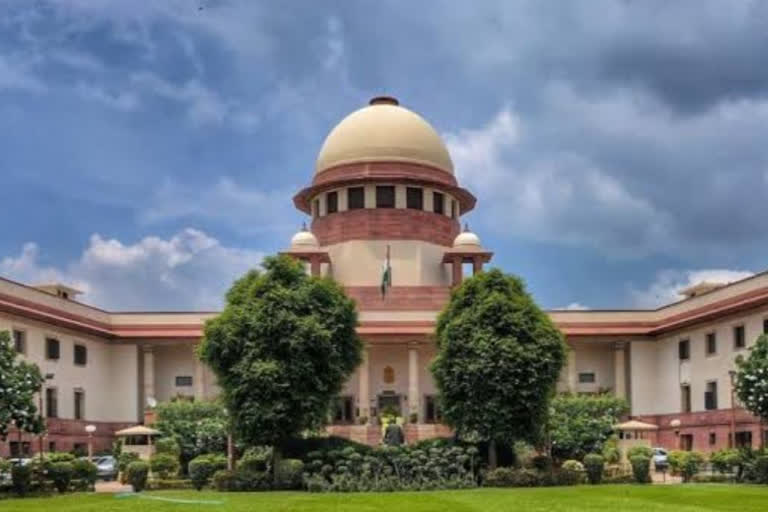New Delhi:The Supreme Court has observed that all matters connected with a crime and whether something is a "conclusive piece of evidence" must be dealt with by a court of law, and not through a TV channel. A bench of Justices U.U. Lalit and P.S. Narasimha said: "All matters relating to the crime and whether a particular thing happens to be a conclusive piece of evidence must be dealt with by a court of law and not through a TV channel. If at all, there was a voluntary statement, the matter would be dealt with by the court of law."
"The public platform is not a place for such debate or proof of what otherwise is the exclusive domain and function of courts of law. Any such debate or discussion touching upon matters which are in the domain of courts would amount to direct interference in administration of criminal justice," it said, while hearing an appeal challenging the Karnataka High Court judgment commuting the death sentence awarded by the trial court to life imprisonment. The petitioners were accused of committing dacoity and murder.
Noting that voluntary statements of the accused was recorded on DVD, and the trial court, which awarded death penalty to the accused, relied on it, the top court said that it has repeatedly found a tendency on part of the prosecuting agency in getting the entire statement recorded rather than only that part of the statement which leads to the discovery of facts. "In the process, a confession of an accused which is otherwise hit by the principles of Evidence Act finds its place on record. Such kind of statements may have a direct tendency to influence and prejudice the mind of the court. This practice must immediately be stopped. In the present case, the trial court not only extracted the entire statements but also relied upon them," it held.
